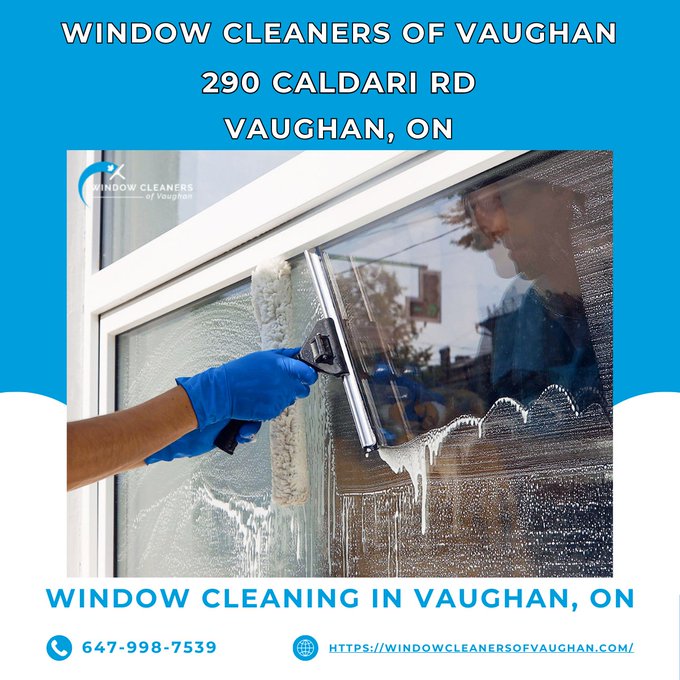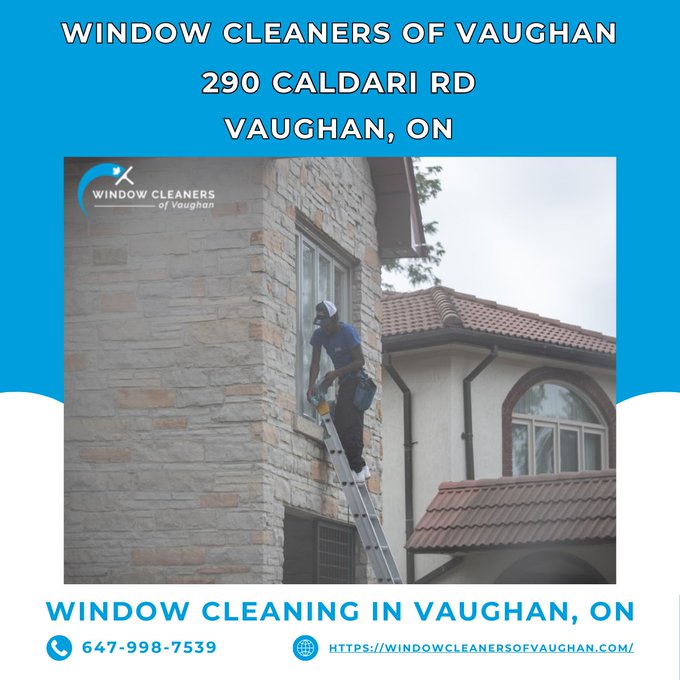Introduction
Maintaining a clean home is essential for comfort and well-being, especially when you have kids and pets around. One of the most overlooked areas in household maintenance is the care of glass surfaces. Windows, mirrors, and glass doors can accumulate dirt, fingerprints, and smudges over time. This article will delve into Kids & Pets at Home: Safe Ways to Manage DIY Glass Care, ensuring that your cleaning endeavors are both effective and safe for your loved ones.
Kids & Pets at Home: Safe Ways to Manage DIY Glass Care
The presence of children and pets in a home often changes how we approach cleaning tasks. Traditional cleaning products can sometimes contain harsh chemicals that may pose risks to kids and pets. Thus, understanding how to safely manage DIY glass care becomes an important part of maintaining a healthy home environment.
Understanding the Risks of Traditional Cleaning Products
Many conventional window cleaning solutions contain ammonia or other toxic substances that could be harmful if ingested or inhaled by children or pets. As responsible caregivers, it’s crucial to ensure that our cleaning methods do not compromise safety.
- Ammonia-Based Cleaners: These can be particularly irritating to eyes and respiratory systems. Fumes: The fumes from strong cleaners can linger long after use, posing risks. Ingestion Hazards: Small children often explore their surroundings through taste, making it imperative to avoid hazardous materials.
Natural Alternatives for Cleaning Windows
Fortunately, there are numerous natural alternatives for cleaning windows safely without sacrificing cleanliness:
Vinegar Solution: A mixture of one part vinegar and one part water can effectively cut through grime. Baking Soda Paste: For stubborn stains, a paste made of baking soda and water works wonders. Essential Oils: Adding lemon or tea tree oil not only adds pleasant scents but also boosts cleaning power.How Often Should I Wash My House Windows?
When it comes to window maintenance, frequency is key.
- Seasonal Cleaning: Ideally, windows should be cleaned at least twice a year—early spring and late fall are recommended. High Traffic Areas: If you have kids and pets running around, you might need more frequent cleanings due to fingerprints and nose smudges. | Season | Recommended Frequency | |--------------|---------------------------| | Spring | At least once | | Summer | If necessary | | Fall | At least once | | Winter | Minimal unless necessary |
What Should You Not Do to Clean Windows?
While there are many methods for effective window cleaning, some techniques should be avoided entirely:
- Avoid Using Newspaper: While this was a popular technique in the past, ink can sometimes transfer onto glass. Don’t Use Abrasive Materials: Steel wool or rough cloths can scratch glass surfaces. Refrain from Using Too Much Pressure: This can lead to streaks rather than a clean finish.
What Time of Year Should You Get Windows Cleaned?
Timing your window cleaning sessions can significantly impact results:
- Best Times: Spring and fall are ideal because they allow you to prepare your home for seasonal changes while keeping your windows clear. Avoid Rainy Days: Although rain might seem like a good excuse not to clean your windows, moisture on the surface will lead to streaking.
Window Cleaning Techniques with Kids & Pets Around
If you're tackling window cleaning with kids and pets in the house, consider these tips:
Time Your Cleanings: Try scheduling cleanings during nap times or outings when your kids aren’t around. Use Child-Safe Equipment: Consider using extendable squeegees or long-handled brushes that keep you out of reach from curious hands.FAQs about Window Cleaning
1. What is the difference between window washing and window cleaning?
Window washing refers specifically to removing Window Washer Vaughan dirt from the glass itself using water and detergent solutions. In contrast, window cleaning includes washing the frames and sills too.
2. Is it worth getting windows cleaned?
Absolutely! Regular professional window cleaning enhances visibility while protecting the integrity of your glass over time.
3. How often should I wash my house windows?
Twice a year is generally recommended; however, this may vary based on local weather conditions or if you have kids/pets frequently touching them.
4. What do professional window cleaners put in their water?
Professional cleaners often use purified water combined with mild detergents specifically designed for glass surfaces.
" width="560" height="315" frameborder="0" allowfullscreen>
5. Can you use straight vinegar to clean windows?
Yes! Straight vinegar is effective; however, diluting it with water helps reduce its acidity while still providing excellent cleaning power.
6. Why don’t window cleaners use Windex?
Professional Window Cleaning VaughanMany professionals prefer their own solutions as they provide better results without leaving streaks compared to commercial products like Windex.
Conclusion
In summary, managing DIY glass care in homes filled with kids and pets doesn't have to be daunting. With careful planning and the right techniques—such as opting for natural cleaners—you can maintain sparkling windows without compromising safety or quality. Remember that cleanliness promotes healthiness; thus investing time in maintaining those transparent barriers not only improves aesthetics but also contributes positively to everyday life within your home. As we’ve explored through this article on Kids & Pets at Home: Safe Ways to Manage DIY Glass Care, being proactive ensures you create an environment where everyone feels safe—and that's priceless!

